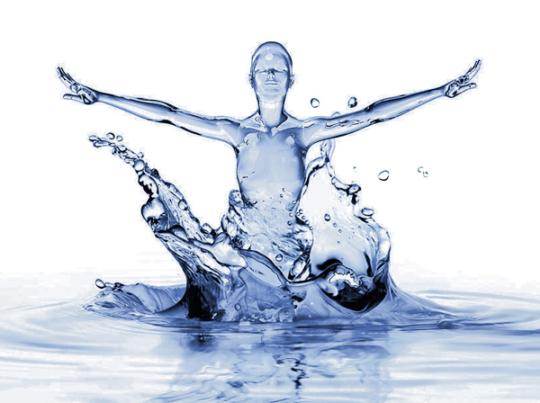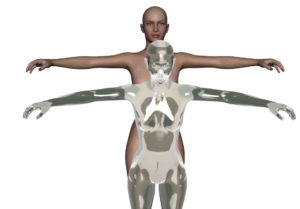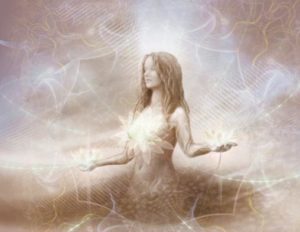The Soul – What is it

According to the Michael Teachings, before each of us begins our incarnational sojourn on the planet, we choose one of seven Roles which will serve as the blueprint of who we are, and how we interact with others.
These Roles reside in the following categories:
Priests and Servers are roles that dedicate themselves to the service and spiritual evolution of the soul, and to the physical needs of the people.
Sages and Artisans are devoted to expression; the artisan through creation, and the sage via communication.
Warriors and Kings are the great mobilizers in society, and they express their nature by “taking action.”
Scholars are the assimilators of knowledge. They are profoundly curious and they document all experience.
ARTISAN
It is the nature of the Artisan to express himself through the invention, creation, manufacture, repair, and manipulation of things.
KING
An action role, the King is directed toward exercising leadership over self, over other people, and over situations.
PRIEST
The Priest role is also one of Inspiration, like the Server. But the kind of inspiration for which the Priest is a channel is to lift and inspire others.
WARRIOR
Warriors are not supposed to be afraid of death. They are exposed to it in war, and are expected to be willing to die for their cause.
SERVER
Carrying the world as a burden on his or her shoulders. Dedicated to helping, caring, nurturing, sustaining, attending to others.
SAGE
The Sage role is also one of Expression. They are involved in expressing themselves through words or movement
SCHOLAR
Scholars are the perpetual students of the world, always seeking to learn more. Scholars are the head of the body of mankind.
Rebirth in Buddhism is the doctrine that the evolving consciousness (Pali: samvattanika-viññana) or stream of consciousness (Pali: viññana-sotam, Sanskrit: vijñāna-srotām, vijñāna-santāna, or citta-santāna) upon death (or “the dissolution of the aggregates” (P. khandhas, S. skandhas)), becomes one of the contributing causes for the arising of a new aggregation. The consciousness in the new person is neither identical nor entirely different from that in the deceased but the two form a causal continuum or stream.
In traditional Buddhist cosmology these lives can be in any of a large number of states of being including the human, any kind of animal and several types of supernatural being. Rebirth is conditioned by the karmas (actions of body, speech and mind) of previous lives; good karmas will yield a happier rebirth, bad karmas will produce one which is more unhappy. The basic cause for this is the abiding of consciousness in ignorance (Pali: avijja, Sanskrit: avidya): when ignorance is uprooted, rebirth ceases. One of the analogies used to describe what happens then is that of a ray of light that never lands.









